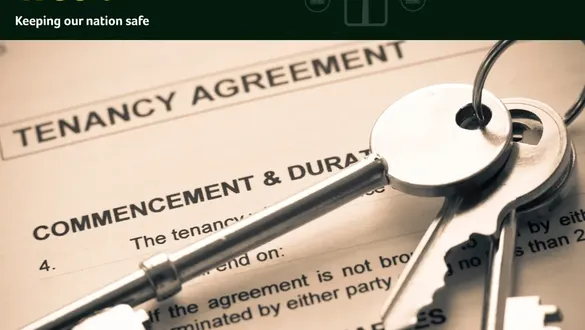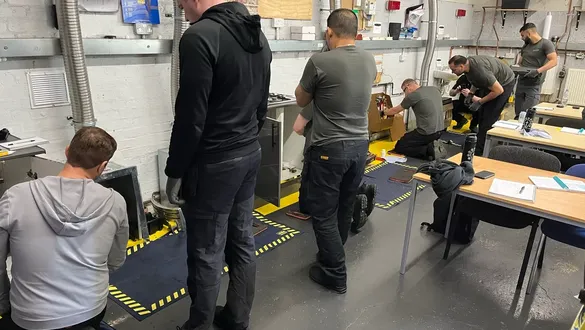
Gas Safety Advice for Tenants
12th Jan.
Badly fitted and poorly serviced gas appliances can cause gas leaks, fires, explosions, and carbon monoxide (CO) poisoning. CO is a highly poisonous gas that can kill quickly and without warning, as you cannot see it, taste it or smell it.
By taking care of your gas appliances properly, you are taking care of your home and your loved ones and even looking out for your local community. Follow these few simple checks to keep you and others safe.
- Check your Landlord’s Gas Safety Record. By law, your landlord must keep gas pipework, appliances and flues supplied for you to use in good condition. They must arrange a gas safety check of the appliances and flues every year and give you a record of the check. If your landlord refuses to provide you with one, you can report their details to the HSE: https://bit.ly/LGSRReport1
- Check for warning signs that could indicate your (or others') gas appliances are not working correctly. Signs may include lazy yellow /orange flames instead of crisp blue ones, error messages or unexpected noises from your boiler or dark and sooty stains around your gas appliance. Contact your landlord, or, if you own the appliance, a Gas Safe registered engineer to check it. You can find a registered engineer at GasSafeRegister.co.uk or by calling 0800 408 5500.
- Know the six main symptoms of carbon monoxide poisoning – headaches, dizziness, breathlessness, nausea, collapse, and loss of consciousness.
- Install an audible carbon monoxide alarm and look out for your community by making sure your friends, relatives and neighbours have one, too. Check they are marked EN50291 and display the British Standards Kitemark.
- Get your own gas appliances safety checked annually. Your landlord is not responsible for your gas appliances, so you should arrange for these to be safety-checked once a year and serviced regularly by a Gas Safe registered engineer. Set a reminder at StayGasSafe.co.uk so you don’t forget.
- Check your engineer is qualified for the type of gas work you need, e.g., natural gas or domestic boiler. You can find this information on the back of their Gas Safe ID card and on the Gas Safe Register website.

